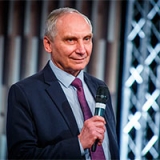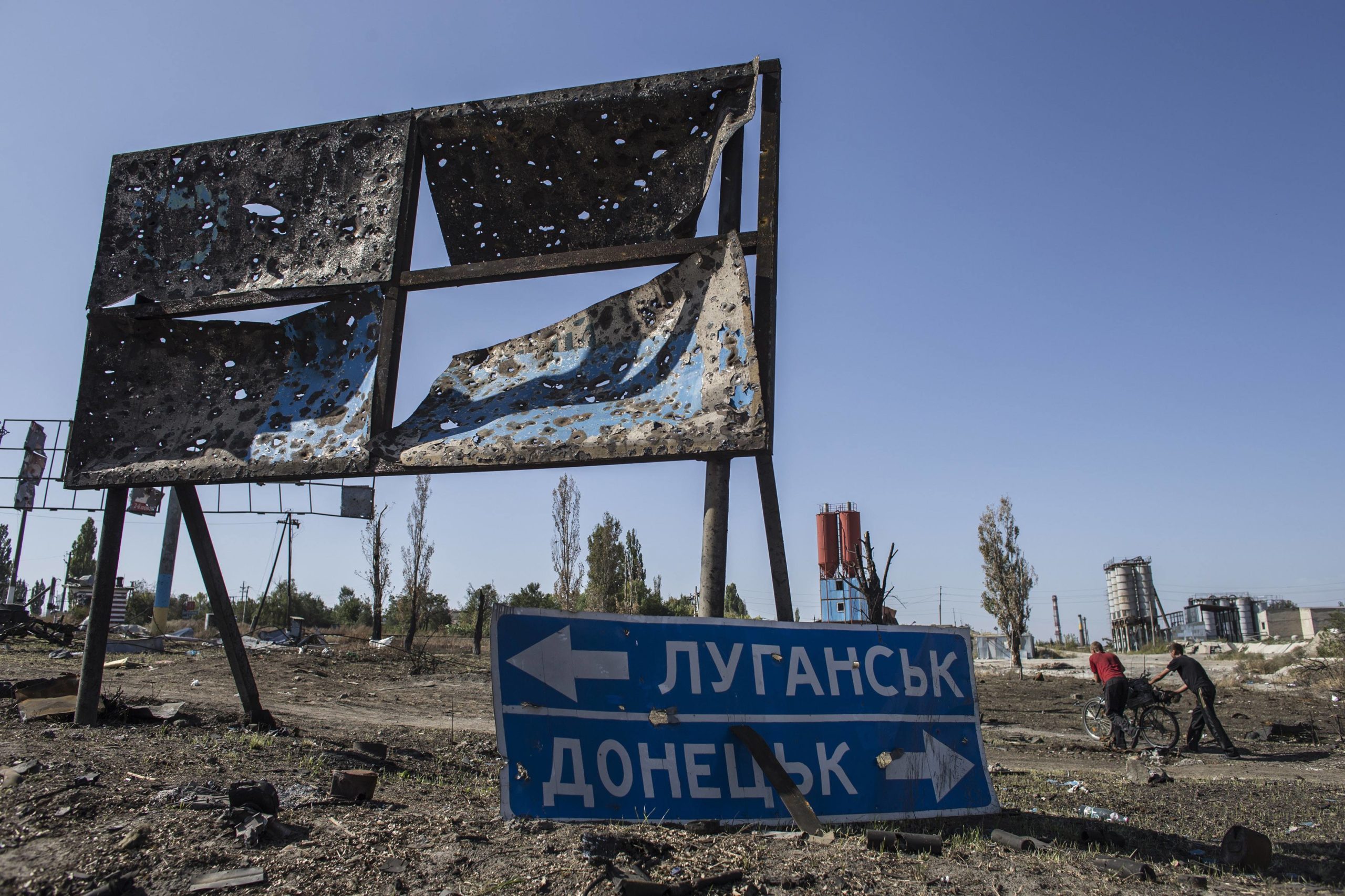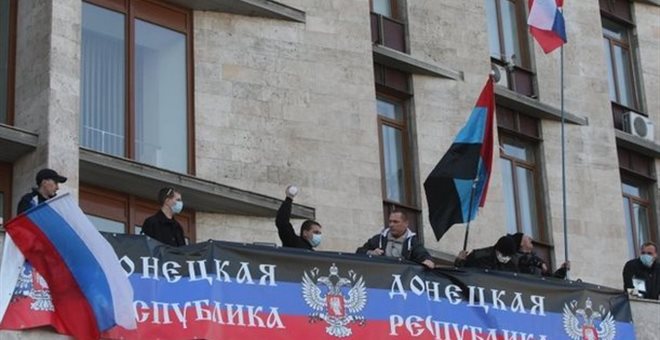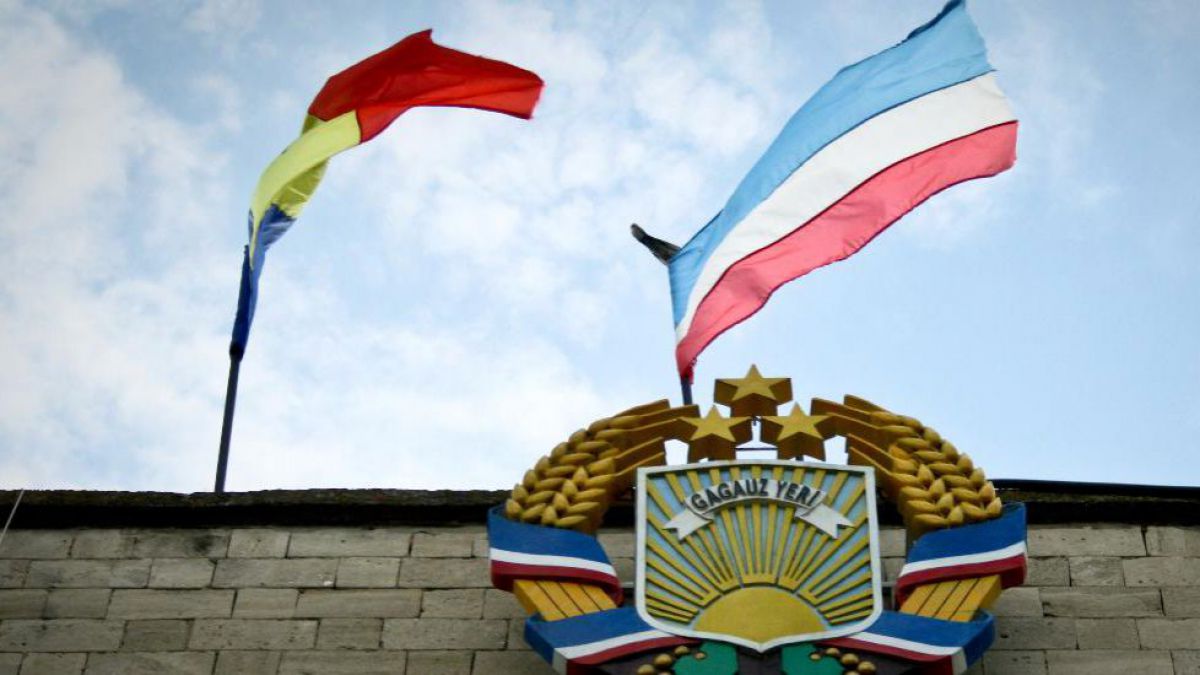Many people are openly skeptical about this important topic; they say that it’s not a burning issue, that it’s much more important to meet basic needs and survive from day to day. This makes sense. All social systems consist of 80-90% of people who care only about their needs, and not about values. It’s a normal phenomenon, and not a problem of self-awareness or identity.
However, there are a few “buts”. One of them is the Russian-Ukrainian war. The Russian occupation forces have more than one weapon… not only extensive military power and equipment, but also another, no less powerful tool – people who live without values, who live in a state of dependence. Such people are easy to manipulate. They go with the flow, not because they think it’s good for them, but because they’re used to it.
During my years of captivity in Russia, I met a large number of different people, with different life backgrounds – criminals and random individuals. I realized that they really don’t understand who they are, why they’ve lived this way, and what prompted them to take certain actions. When I asked them “why?” (and this is a valid question), they answered – “because I lived in such an environment”, “because everyone acts this way”, etc.
Only by taking responsibility for oneself, realizing “WHO and WHY I am, what my goal is”, can a person reach a certain level of awareness called national identity. This, in turn, can affect the environment, in which this person develops and lives.
National identity is also a matter of national security
It is important to understand that most modern nations are not based solely on ethnicity, but more on political/civic identity. The men and women who perished during the Revolution of Dignity were Ukrainians not by ethnicity, but by their conscious civic position. National identity is about each person’s choice of “who I am”.

For example, many Crimean Tatars remain ethnically linked, but many of them have chosen to follow Ukraine’s political path. This is an important choice – for personal development and for the community and the nation. It doesn’t mean just living on the territory of Ukraine, but also taking responsibility for building a peaceful country, for preserving its integrity and unity. It is, in fact, a matter of national security.
National identity is based on history and historical memory. At school, our children usually study the history of the Ukrainian ethnic group, of the Ukrainian state, but not of Ukraine as a whole. For example, where in Ukrainian history do we read about the history of Crimean Tatar civilization? What Crimean Tatar heroes do we know? And yet, today, we constantly repeat that “Crimea is Ukraine”. We know that there were times when almost 60% of the world’s Jewish population lived in Ukraine. Why is the history of these people ignored? Yes, indeed, it all boils down to one thing –historical memory must also be all inclusive, making it a strong unifying force.
National identity is consolidated in an outer body that we can refer to as a nation’s historical longevity, but it also has an inner core – values, such as freedom, dignity, independence, responsibility, etc. National identity cannot be measured in time; it is a living organism that binds us together through invisible ties.
Being Ukrainian – not only trendy, but also meritable
Each person builds his own identity and forges his path in his own way. Persons who have suffered great hardships, who have been tested by life itself will have a stronger feeling of identity. Others remain at the level of ethnicity: I’m Ukrainian, because I was born in Ukraine, my relatives are also from Ukraine. Whatever it is, it’s not static, but a daily decision-making process and a conscious choice.
The media keeps telling us that we must “listen to the Donbas”, that a dialogue must be established between western and eastern Ukraine. At this point, I should point out that such monoliths as western or eastern regions simply don’t exist in Ukraine. When the Russian-Ukrainian war began, all the people who were aware of themselves as Ukrainians attended pro-Ukrainian rallies and loudly declared their position.
Our task is simple. We must work to “deoccupy” the brains of people who, for various reasons, don’t spend too much time thinking about their identity and thus, are used as a bargaining chip by external forces. We must work together, without forcing them to take one position or another.
So, what message should we send them? First and foremost, we must do everything possible to make Ukraine look inviting, first in terms of meeting their basic needs, and then in terms of values - freedom, human rights, the rule of law, freedom of thought and speech, and the peaceful coexistence of people holding different views. These people and values must become more and more ingrained in our daily lives. We need to show them that being Ukrainian is not just trendy, but also meritable.
Such discussions should take place more often, because they stimulate the development of Ukrainian society. The “Borders” forum went beyond academia, addressing the general public and putting words and ideas into practice.
 Ihor Kozlovsky is a prominent religious scholar, a public activist, and a specialist in religious, spiritual and psychophysical systems. For more than 25 years, he worked as a chief specialist in religious affairs in the Donetsk Regional State Administration, taught religious sciences at the Donetsk National Technical University. In January 2016, the 63-year-old scholar was taken by Russian-backed militants of the so-called “DNR”. In May 2017, he was sentenced to two years and eight months imprisonment, thrown into a labyrinth of illegal prisons in the “DNR”, tortured, and subjected to inhumane conditions.
Ihor Kozlovsky is a prominent religious scholar, a public activist, and a specialist in religious, spiritual and psychophysical systems. For more than 25 years, he worked as a chief specialist in religious affairs in the Donetsk Regional State Administration, taught religious sciences at the Donetsk National Technical University. In January 2016, the 63-year-old scholar was taken by Russian-backed militants of the so-called “DNR”. In May 2017, he was sentenced to two years and eight months imprisonment, thrown into a labyrinth of illegal prisons in the “DNR”, tortured, and subjected to inhumane conditions.
Ihor Kozlovsky was released on December 27, 2017 in a large-scale prisoner exchange between Ukraine and the so-called “DNR”.








